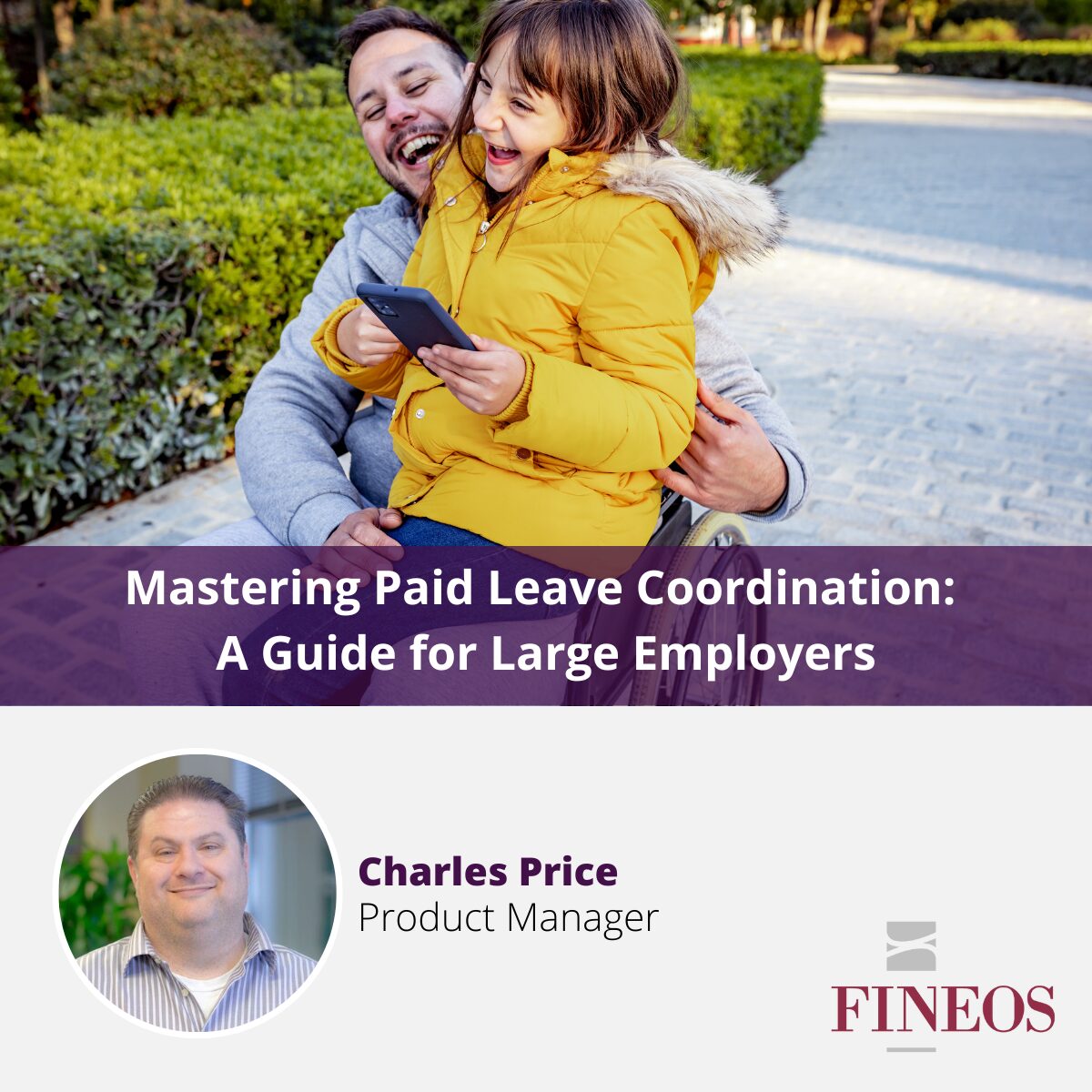On June 25, the Governor of Connecticut signed Senate Bill 1, ushering in a new Paid Family and Medical Leave (PFML) program, adding to a steadily growing number of recent jurisdictions to enact such programs, including the District of Columbia, Washington State, and Massachusetts. Connecticut’s program will begin collecting contributions on January 1, 2021 while benefits begin January 1, 2022.
The Connecticut PMFL program establishes the Family and Medical Leave Insurance Trust Fund that will provide payment for employees taking leave under the existing Connecticut Family and Medical Leave Act. In addition to establishing the paid program, the new legislation repeals and substitutes amended language for the CT FMLA law, as detailed further below. The new PMFL law contains the following provisions:
Covered Employers: Employers with 1 or more employees in Connecticut are covered by the new law, but the following categories of employers are not covered: the federal government, states or municipalities, local or regional board of education, non-public elementary or secondary school, with some exceptions.
Eligible Employees: To be eligible for CT PFML, an employee must have earned at least $2,325.00 during the employee’s highest earning quarter within the base period (first four of the five most recently completed quarters) and be presently employed by an employer, have been employed by an employer in the previous twelve weeks, or be self-employed individual or a sole proprietor and CT resident and have voluntarily enrolled in the program.
Benefit Entitlement: Employees are entitled to 12 combined weeks of paid family and medical leave within a 12-month period, and may receive an additional 2 weeks for a serious health condition resulting in incapacitation that occurs during a pregnancy.
Leave Reasons: Employees can take leave for the following reasons:
- The serious health condition of an employee of family member
- Bonding after the birth or adoption or foster placement of a child
- Military exigency
- Organ or bone marrow donation by the employee
- Leave for victims of Family Violence, under the existing CT Family Violence leave law
Covered Relationships: To care for a family member with a serious health condition, employees can take leave for a spouse, sibling, child, grandparent, grandchild, parent, or any individual related to the employee by blood or affinity whose close association the employee shows to be the equivalent of those family members.
Private Plan Option: Employers can apply for a private plan, but the plan must provide the same rights, protections and benefits of the state plan. Additionally, the plan must be approved by a majority vote of the employees.
Amount of Benefit/Contribution: An employer can deduct a maximum of .50% of an employee’s paycheck, up to the Social Security maximum. Benefits consist of:
- 95% of an employee’s base weekly earnings, up to 40 times the minimum wage; plus
- 60% of an employee’s base weekly earnings above 40 times minimum wage;
- Up to a maximum of 60% of the minimum wage.
Benefits are capped at 60 times the statutory minimum wage. Minimum wage in Connecticut is slated to increase to $15 in 2023; based on the new minimum, the following are estimates of benefits:
- 95% of up to $600 of weekly of wages, plus
- 60% of weekly wages above $600
- A maximum cap of $900 per week
Coordination: A employee can receive compensation under the CT PFML program concurrently with any employer-provided employment benefits (i.e. “top up”), as long as the employee’s total compensation during such period of leave does not exceed the employee’s regular rate of compensation.
Employer Notice: Each employer must, at the time of hiring, and annually thereafter, provide written notice to each of the employer’s employees (1) of the entitlement to family and medical leave and the terms under which such leave may be used, (2) of the opportunity to file a claim for compensation under the CT PFML program, (3) that retaliation by the employer against the employee for requesting, applying for or using family and medical leave for which the employee is eligible is prohibited, and (4) that the employee has a right to file a complaint with the Labor Commissioner for any violation.
In addition to establishing the CT PFML program the new law repeals and substitutes new language for the existing CT Family and Medical Leave Act. Below are some of the key changes:
| Existing CT FMLA | Amended CT FMLA | |
| Eligible Employee | Employee who has been employed for at least 12 months and for at least 1000 during the 12-month period preceding the first day of the leave | Employee who has been employed for at least three months immediately preceding the leave |
| Family Member (to care for a Family Member with a Serious Health Condition) | Spouse, or a son, daughter or parent | Spouse, sibling, son or daughter, (adult child or minor child), grandparent, grandchild or parent, or an individual related to the employee by blood or affinity whose close association the employee shows to be the equivalent of those family relationships; parent-in-law |
| Covered Employer | Employers with 75 or more employees | Employers with one or more employees |
| Leave Entitlement | 16 weeks in a 24-month period | 12 weeks in a 12-month period, plus two additional weeks of leave during twelve-month period for a serious health condition resulting in incapacitation that occurs during a pregnancy. |
The new law requires the CT Labor Commissioner to adopt regulations no later than January 1, 2022 to establish procedures and guidelines necessary to implement the new law. As FINEOS does with the other Paid Family and Medical programs in the process of implementation, we will stay engaged in the regulatory process and keep you informed as it continues.


